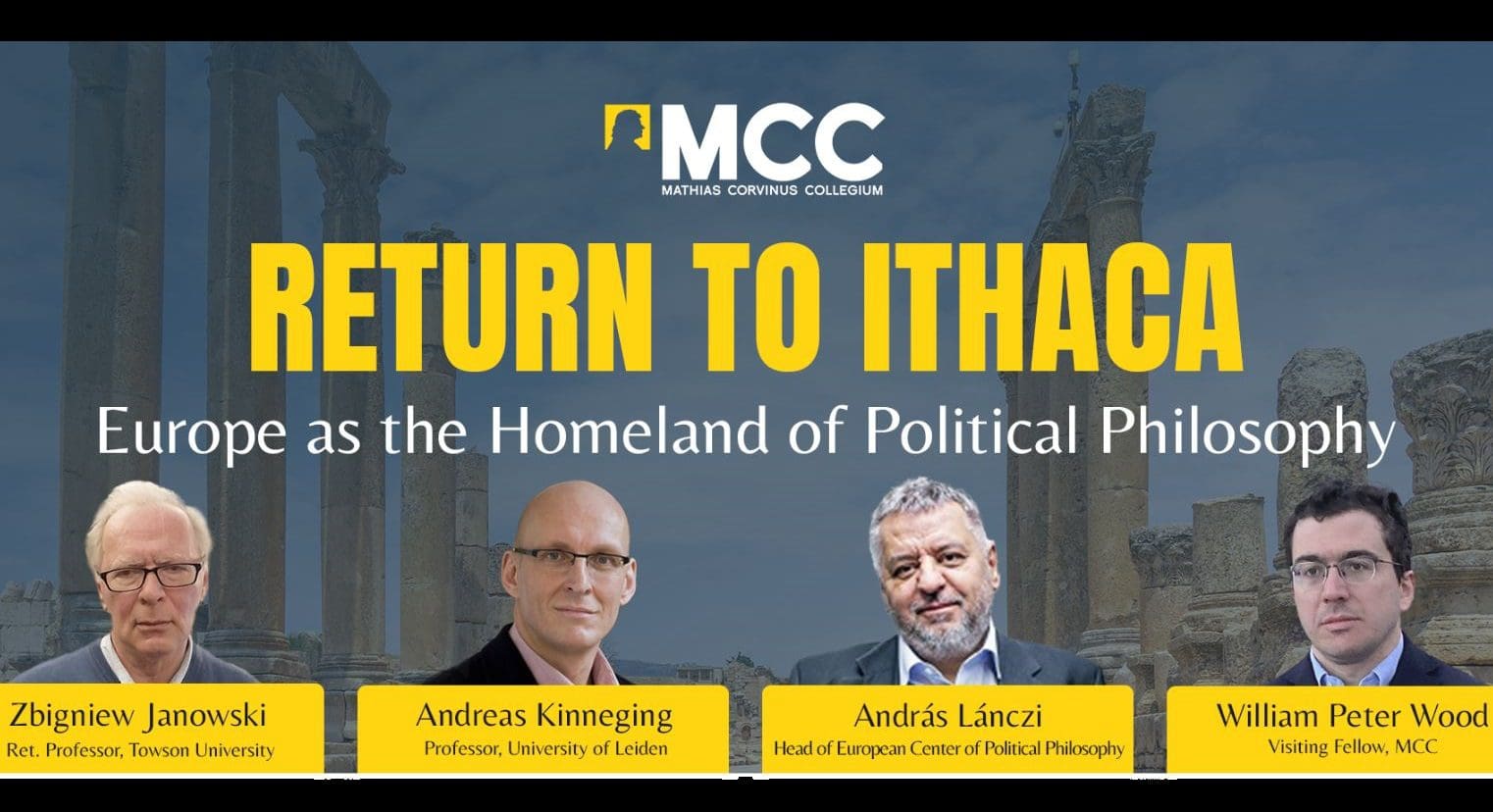
The distinguished speakers all stressed how important they believe it is to have the global centre of political philosophy moved from the US to Europe, where it originates from.
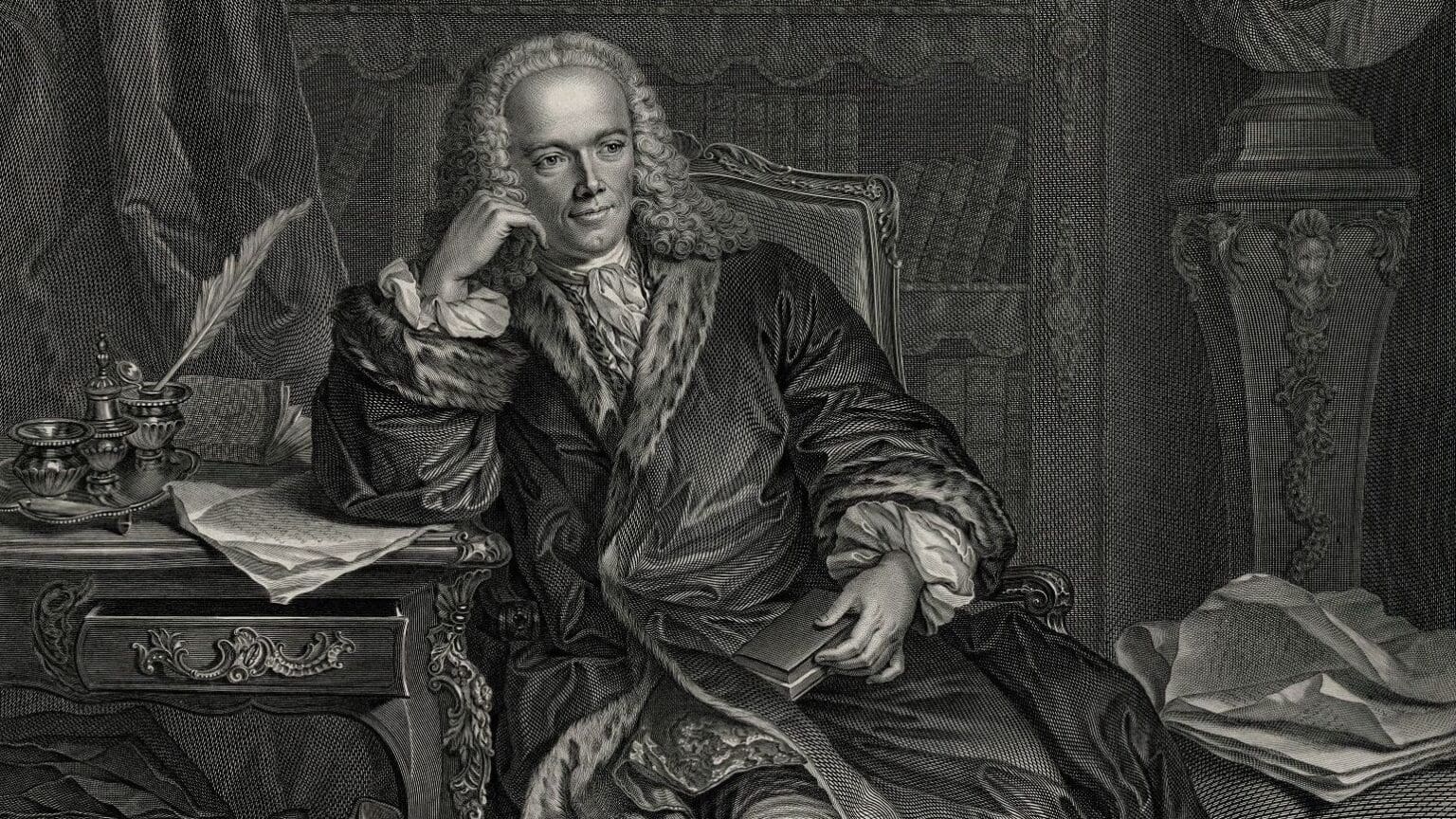
Physiocracy played only an episodic role in modern economic political thinking and, therefore, so did the perspective that linked the economy’s performance and ability to produce value to nature.
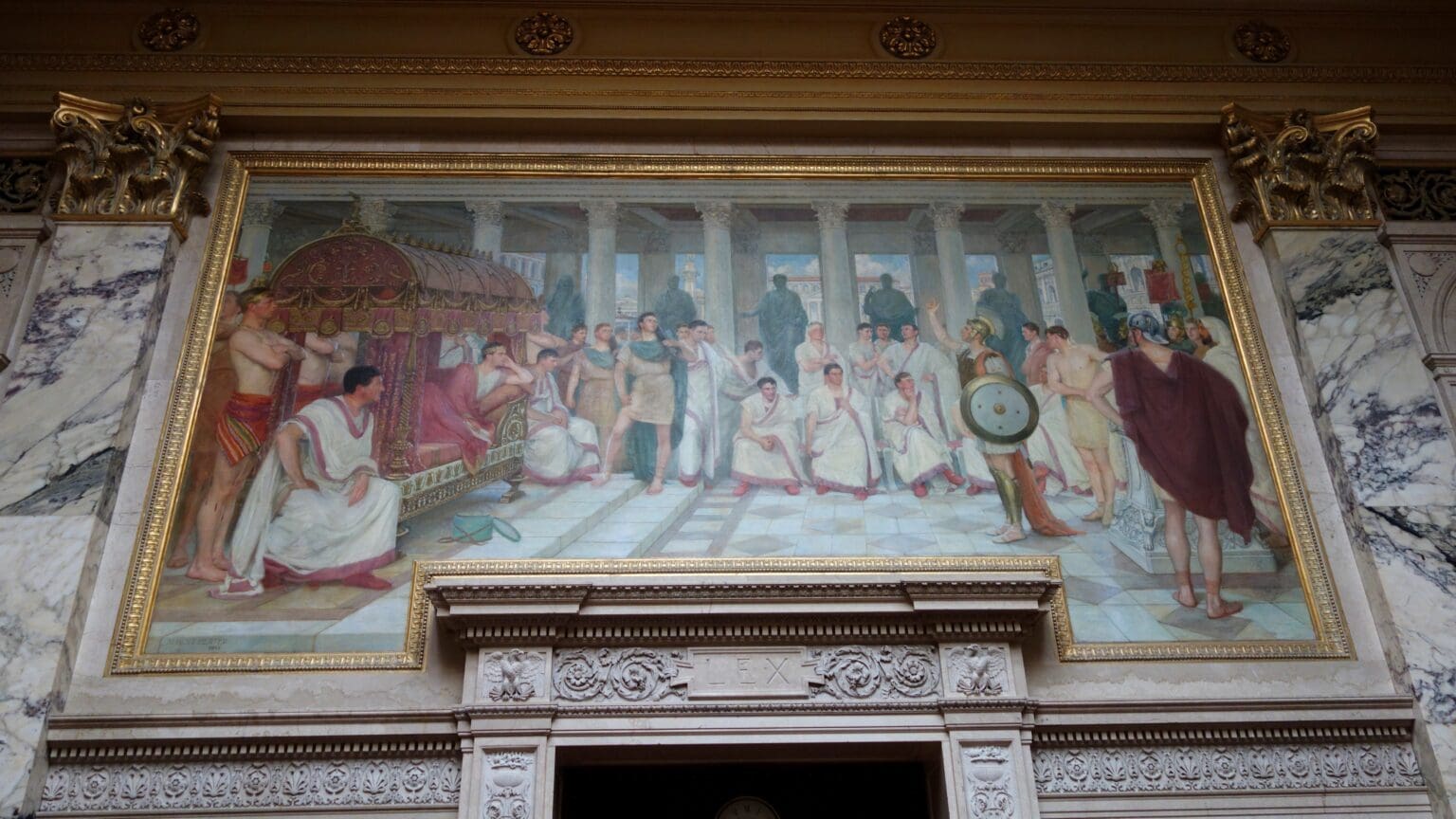
Today, law has taken on a legalistic attribute, consequently shunning the spirit of the law, or rather, Roman jurisprudence.
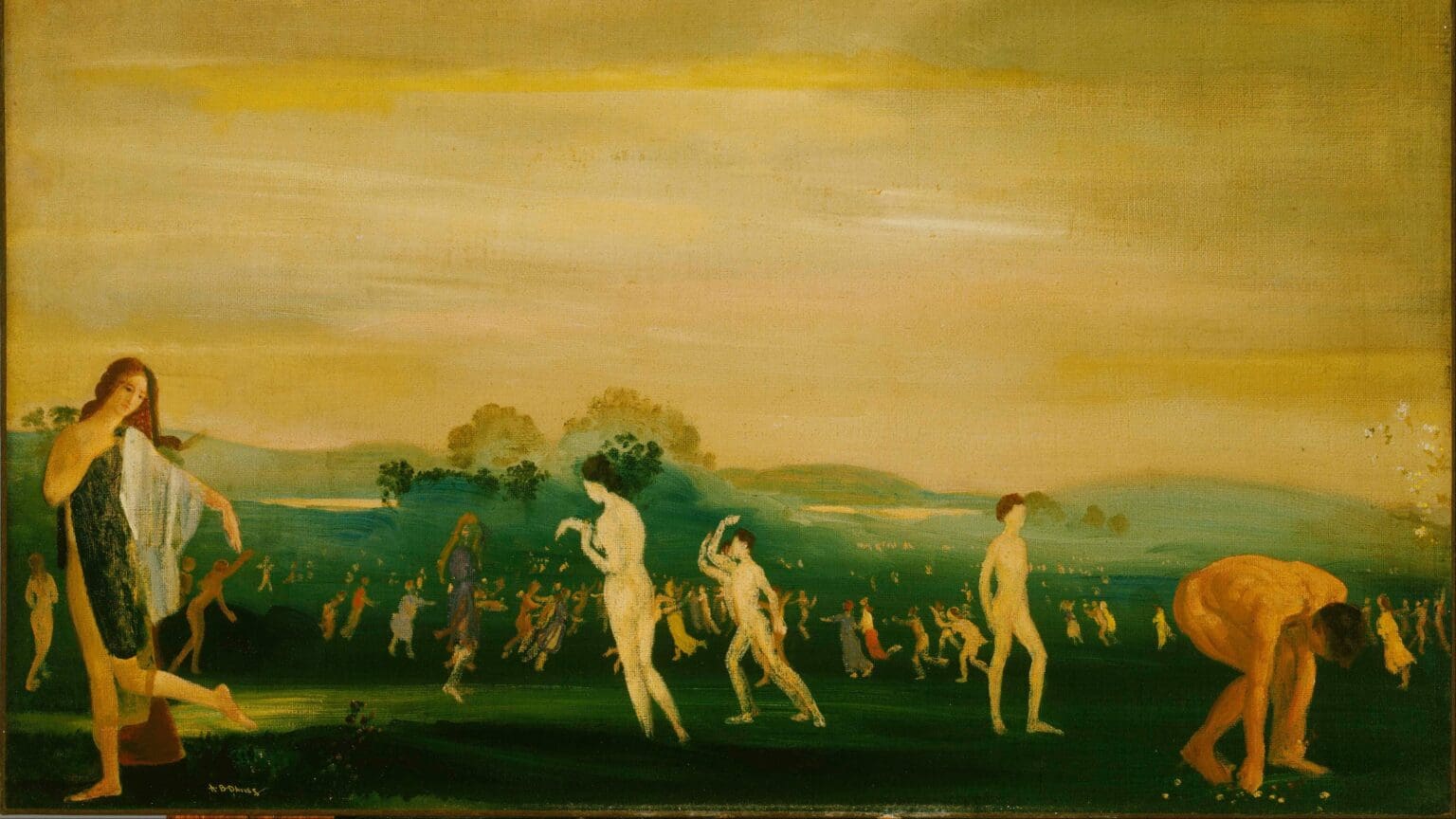
Europe’s contemporary society, the current system and operation of the European Union, its political, social and more deeper tensions—affecting the whole of human existence—all prove that the still popular phrase ‘progress’ is losing its catchword character just as more and more people become disillusioned with the ‘big projects of globalism.’
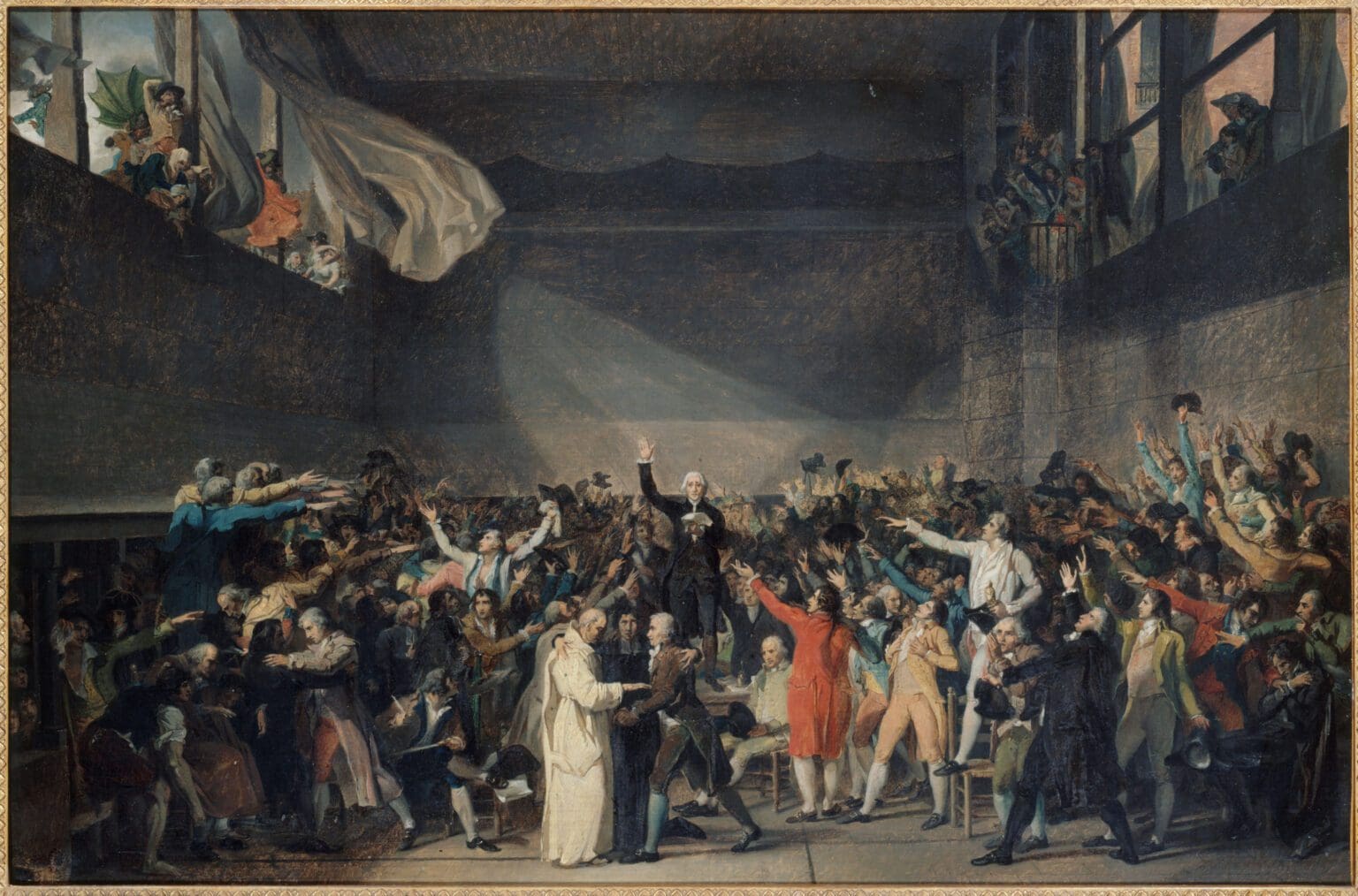
Conservatives are those who uphold tradition, the nation, and the values of the Bible. If we take care to uphold those principles consistently, it will become increasingly difficult, and eventually impossible, for those who advocate other principles, to present themselves as conservatives.
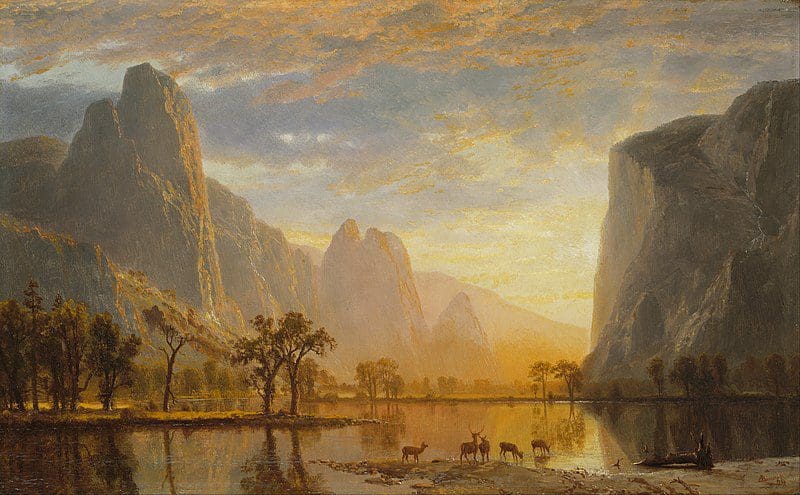
Today our society, the Roman Church, and other ecclesiastical communities are experiencing an epidemic of confusion and moral and doctrinal disorientation, which is threatening the common good.
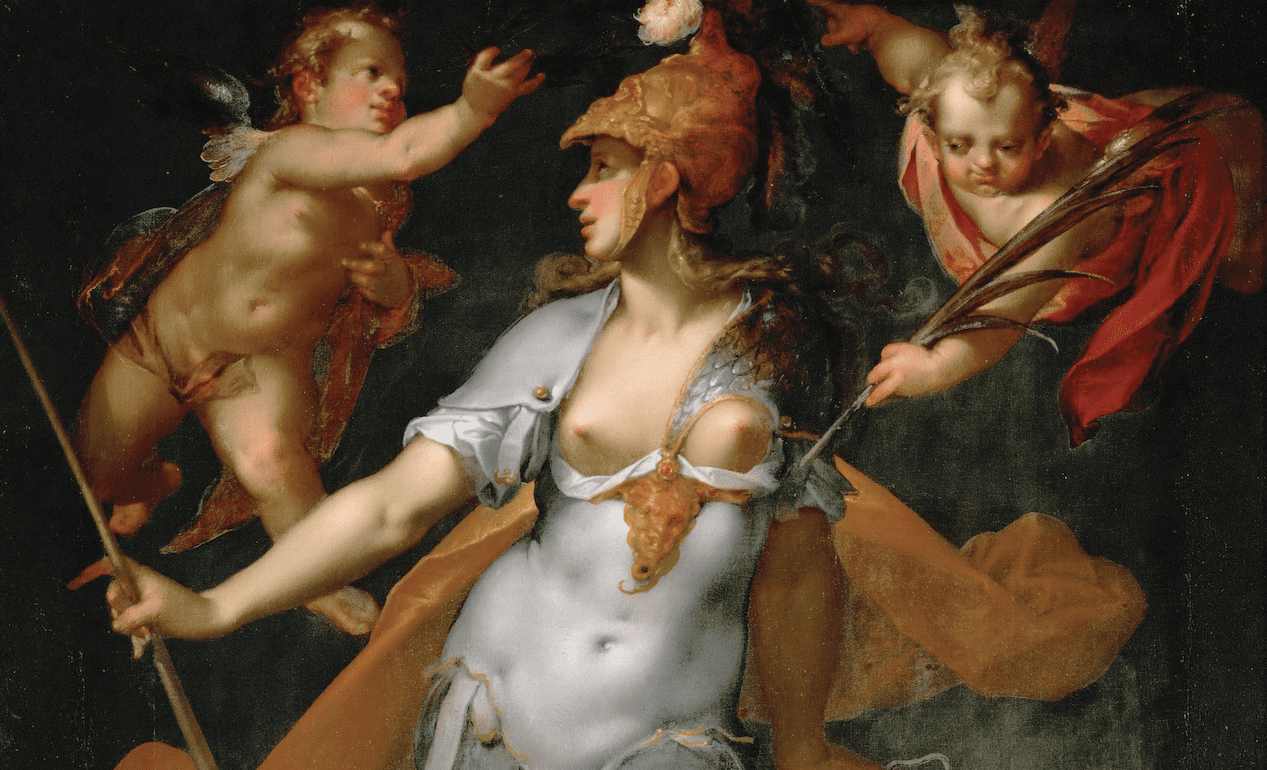
This paper should suffice to invite the reader on a theoretical pathfinding journey, throwing light on why some forms of criticism of modernity have faced difficulties.
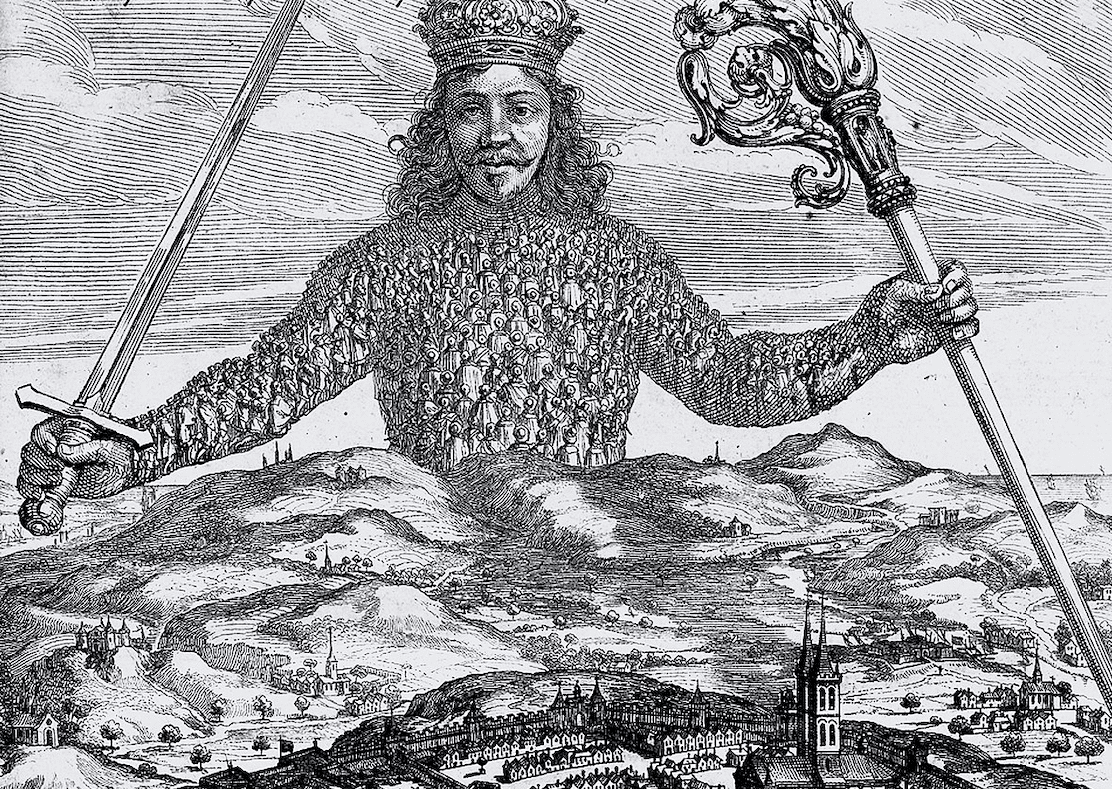
Hobbes refuted traditional higher law tenets and motivated people to accept the established laws and customs of their nations, even if they appear oppressive, for it is the only way peace and security can be obtained in society. The state thus becomes successful at the expense of justice, as it is today in the Islamic Republic of Iran, the People’s Republic of China, and the Russian Federation where power divorced from justice maintains order through oppression.
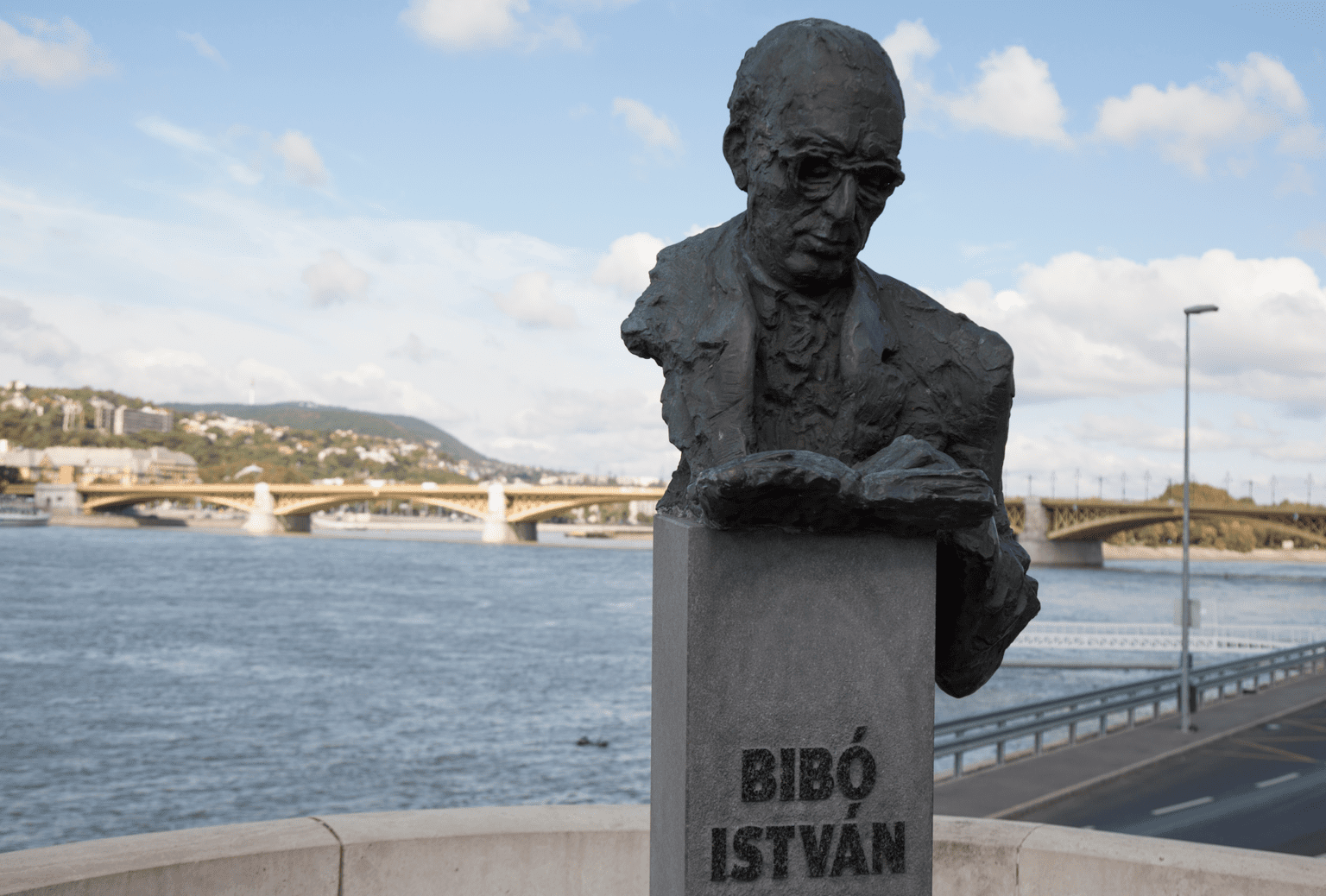
Some 30 years ago, István Bibó was looked upon as one of the most influential Hungarian political scientists. Unfortunately, he has been largely forgotten since—so perhaps it is time to rediscover him.
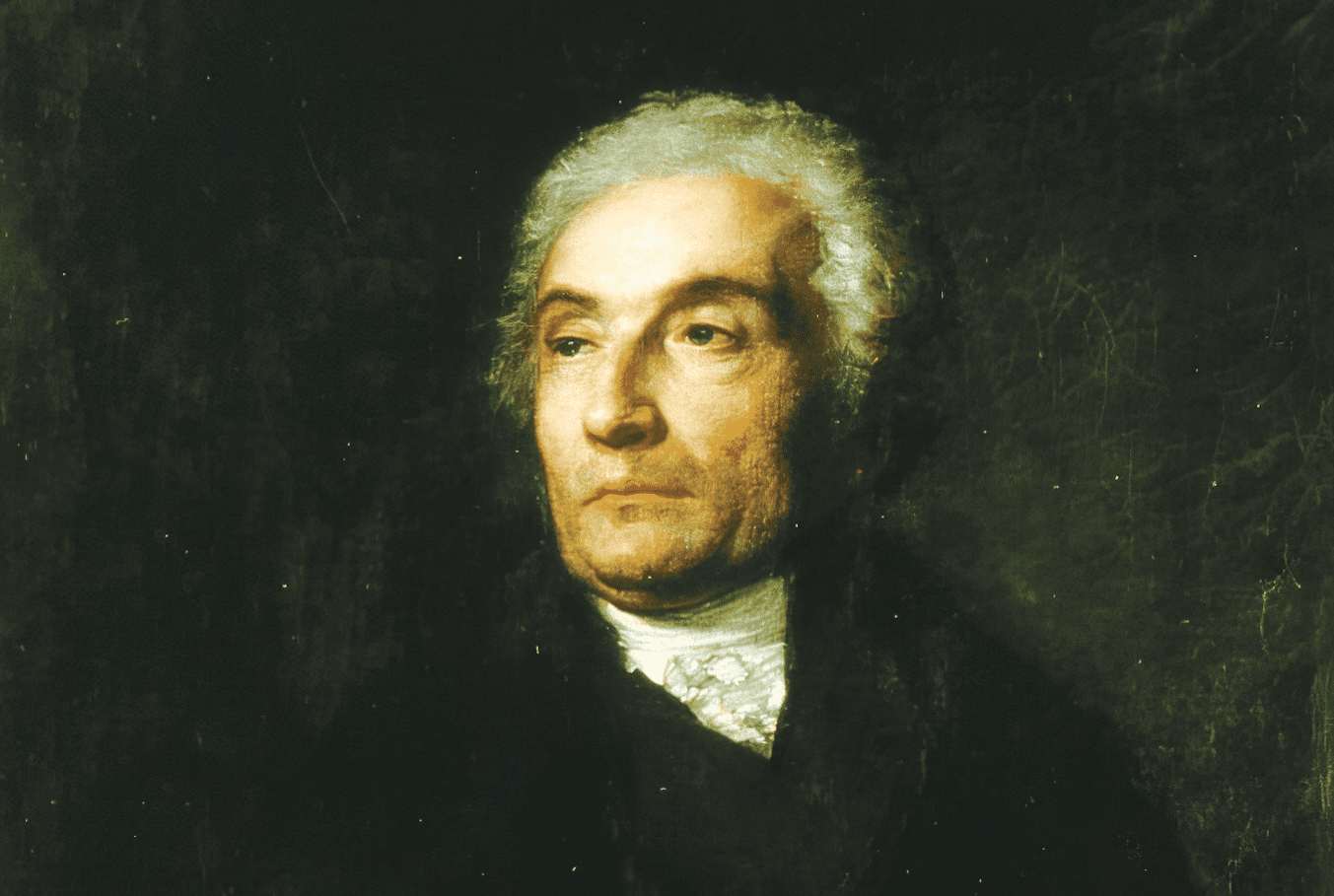
Maistre associated the Protestant cult of books and philosophers with individualism, which he saw as the root cause of all the problems of his age.
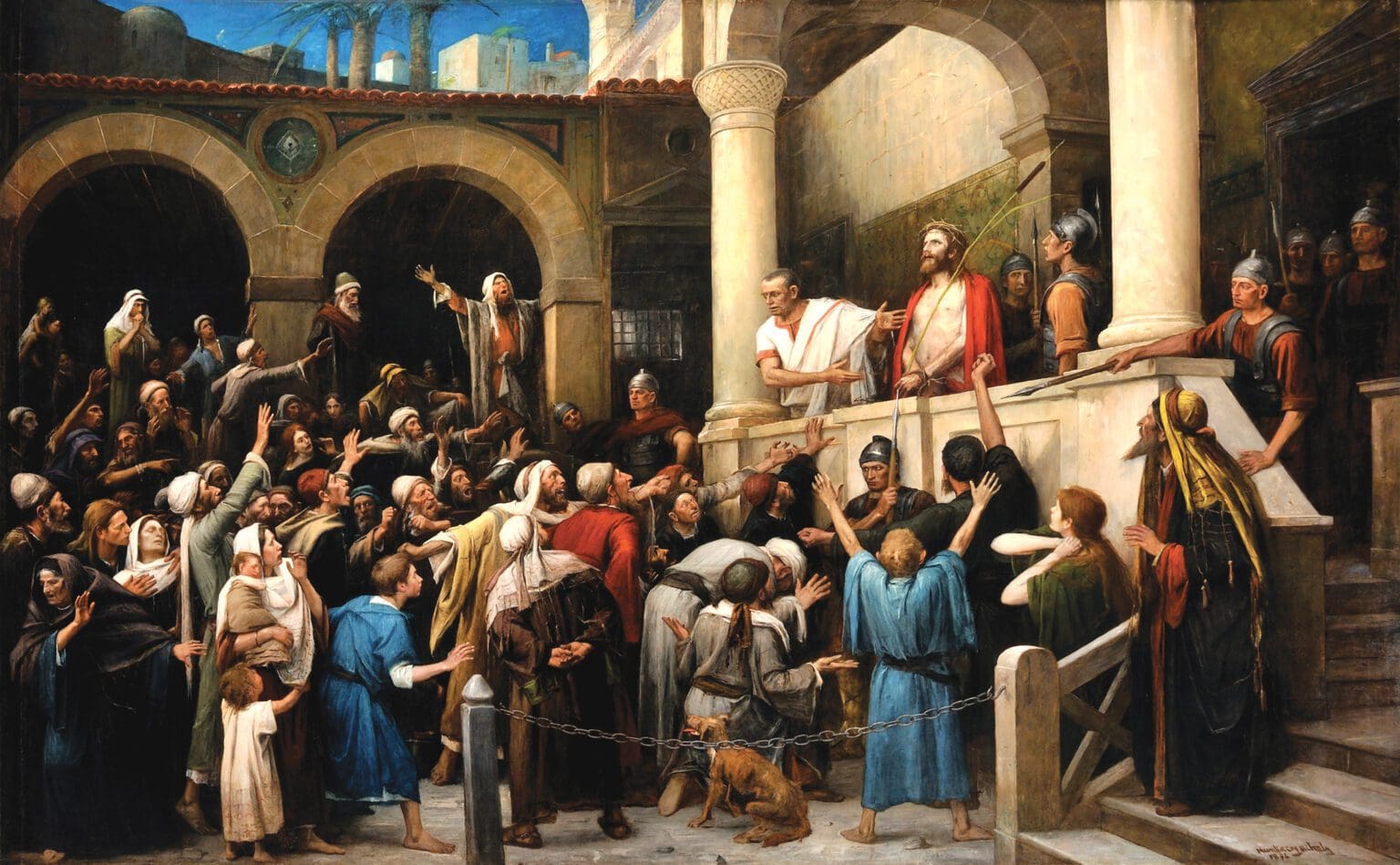
Creativity continues to be a central component of politics, but it is less frequently manifested in the novel application of experience than in the methodical implementation of a procedural rule in practice.

There is growing concern that the overuse of the term ‘genocide’ may devalue it. Clearly defining what genocide means is crucial to prevent it from being used as a validation of every kind of victimhood.
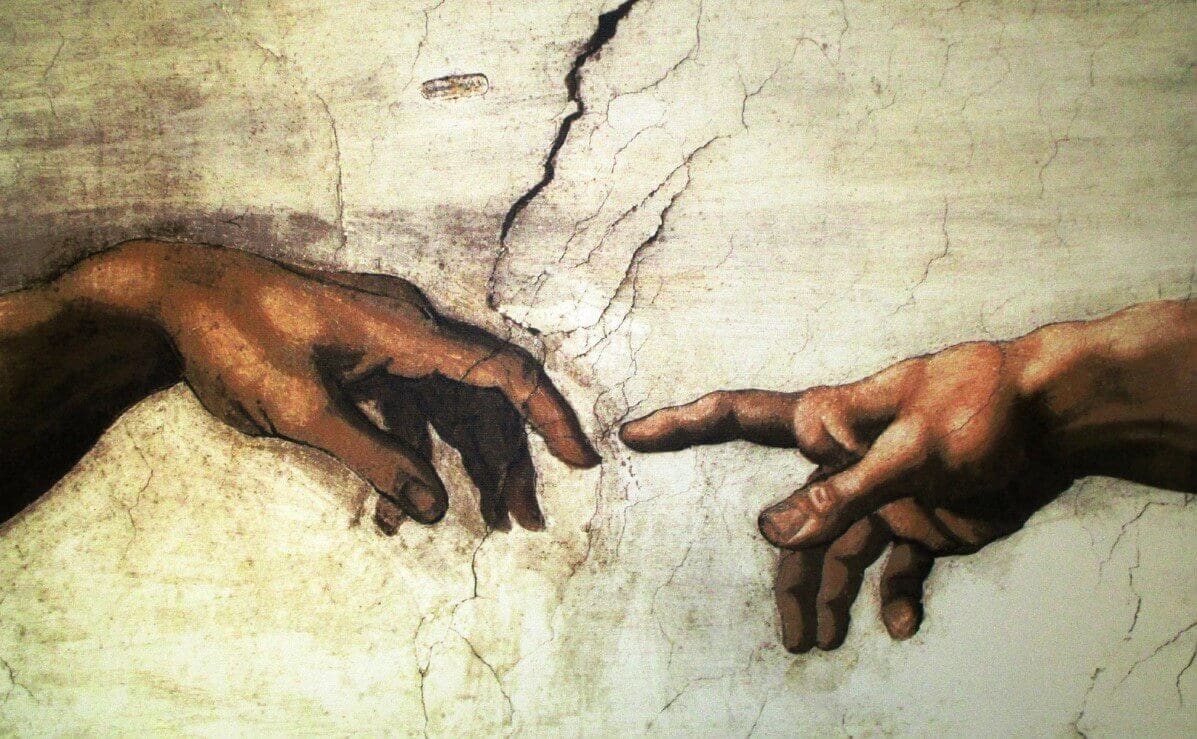
One should shed tears when the true essence of humanism, which parallels our Christian faith, is not only misplaced, but altogether exploited for non-humanist purposes.
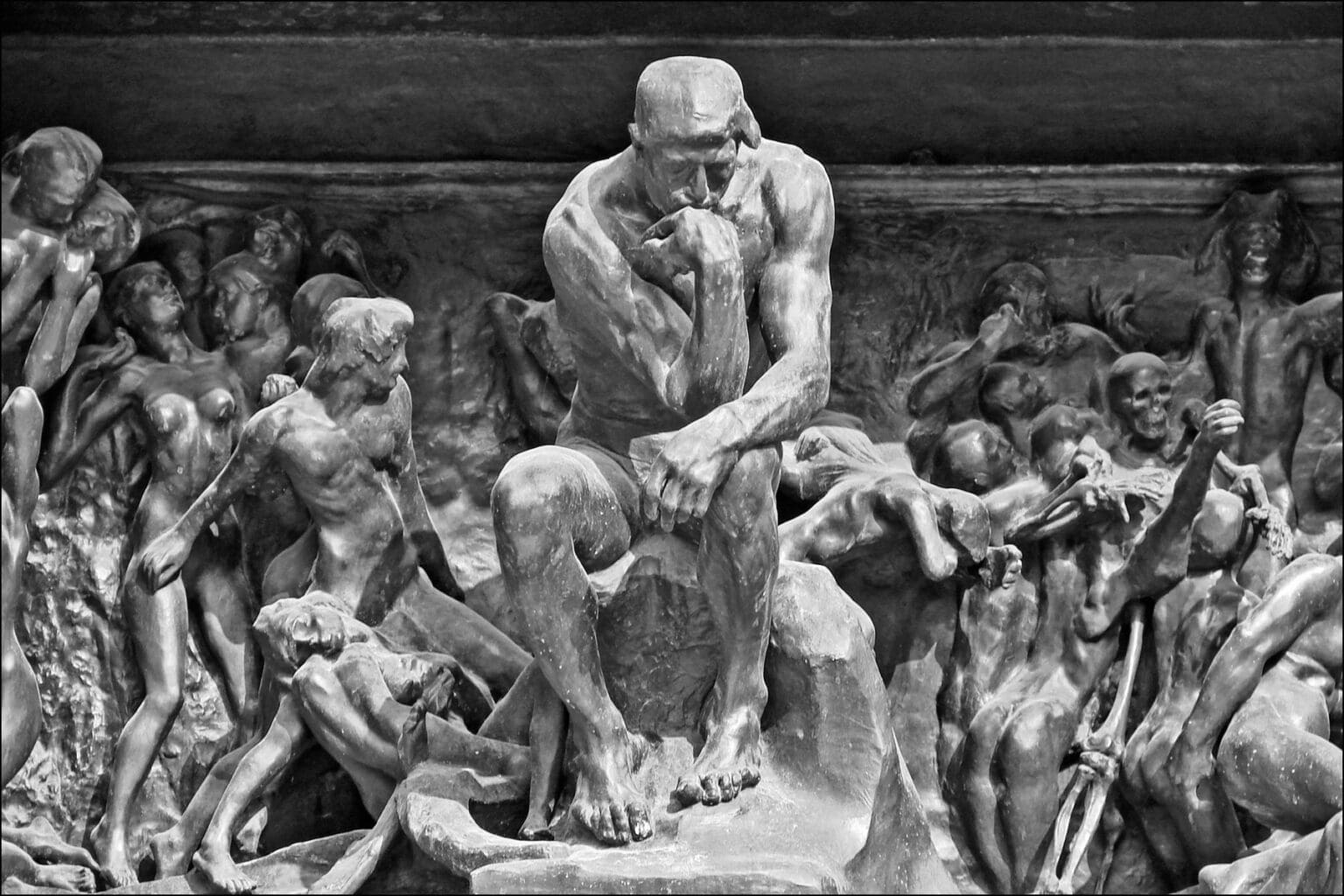
The recent assassination of Alexander Dugin’s daughter has seen a consistent mantra from the Western media; Dugin described as an ‘ideologue’. It is one of those phrases which epitomize the “corruption” of language, for—as language develops—certain terms become sacrosanct, unexamined, plagiarized.
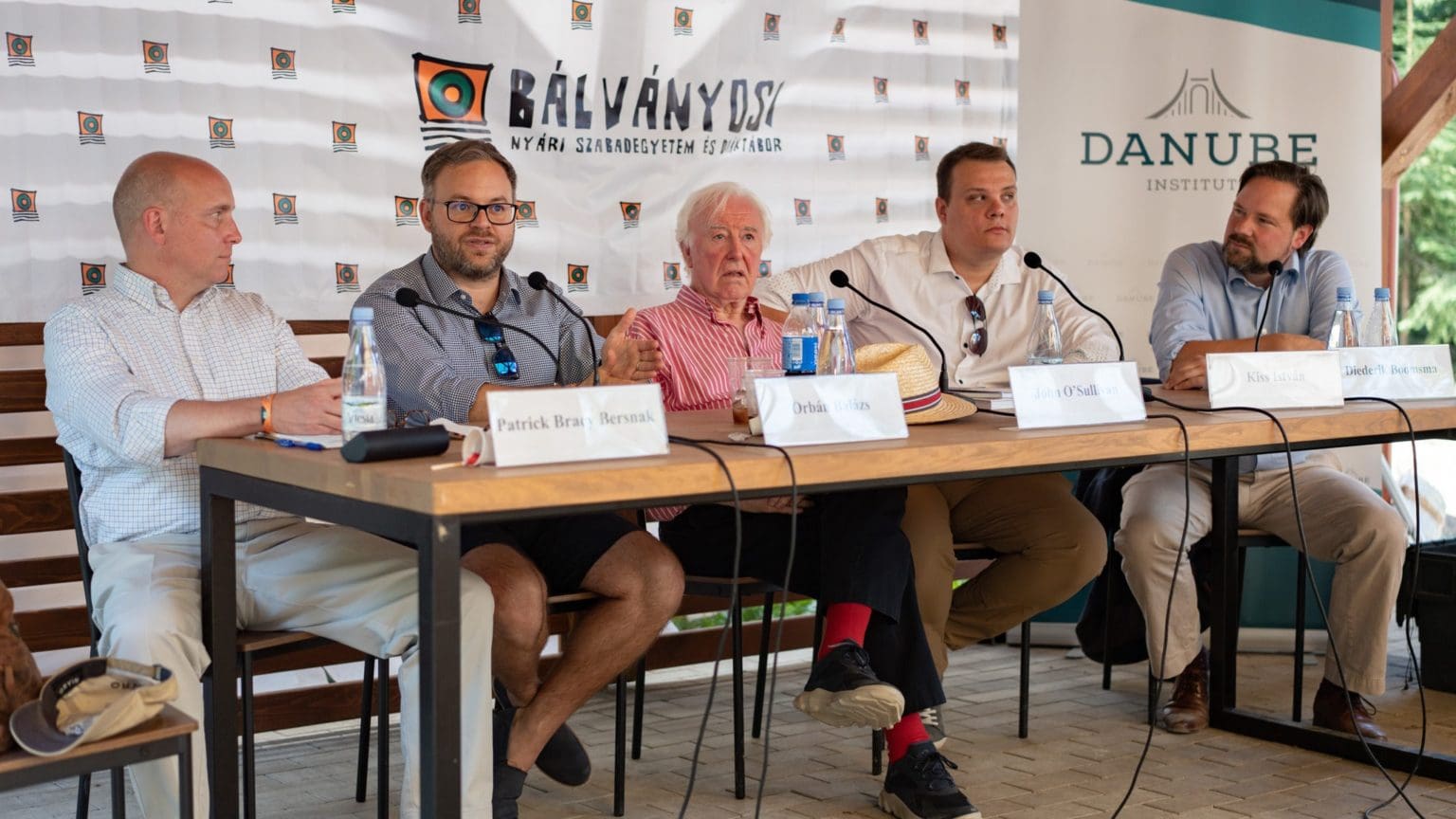
A recent panel of remarkable political thinkers from across the West attempted to define the essence of conservatism, along with its current direction and its possible future pathways. A report from Tusványos 2022.
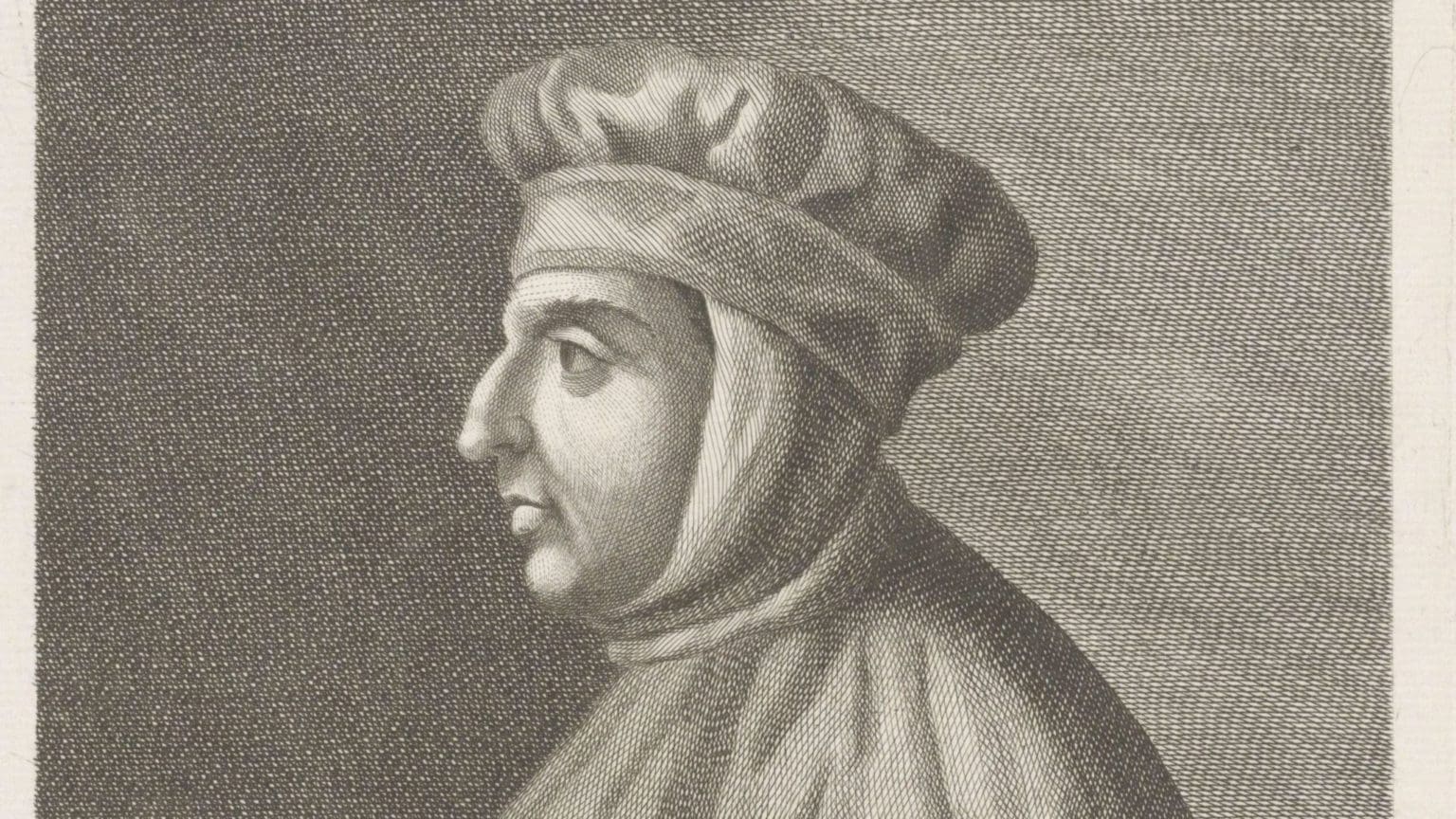
Salutati’s humanism, focused on the continuity or discontinuity between ethics and politics became the civic turning point of the humanistic spiritual and philosophical reinterpretation of Cicero’s political tenets that would later culminate with the notable Niccolò Machiavelli.
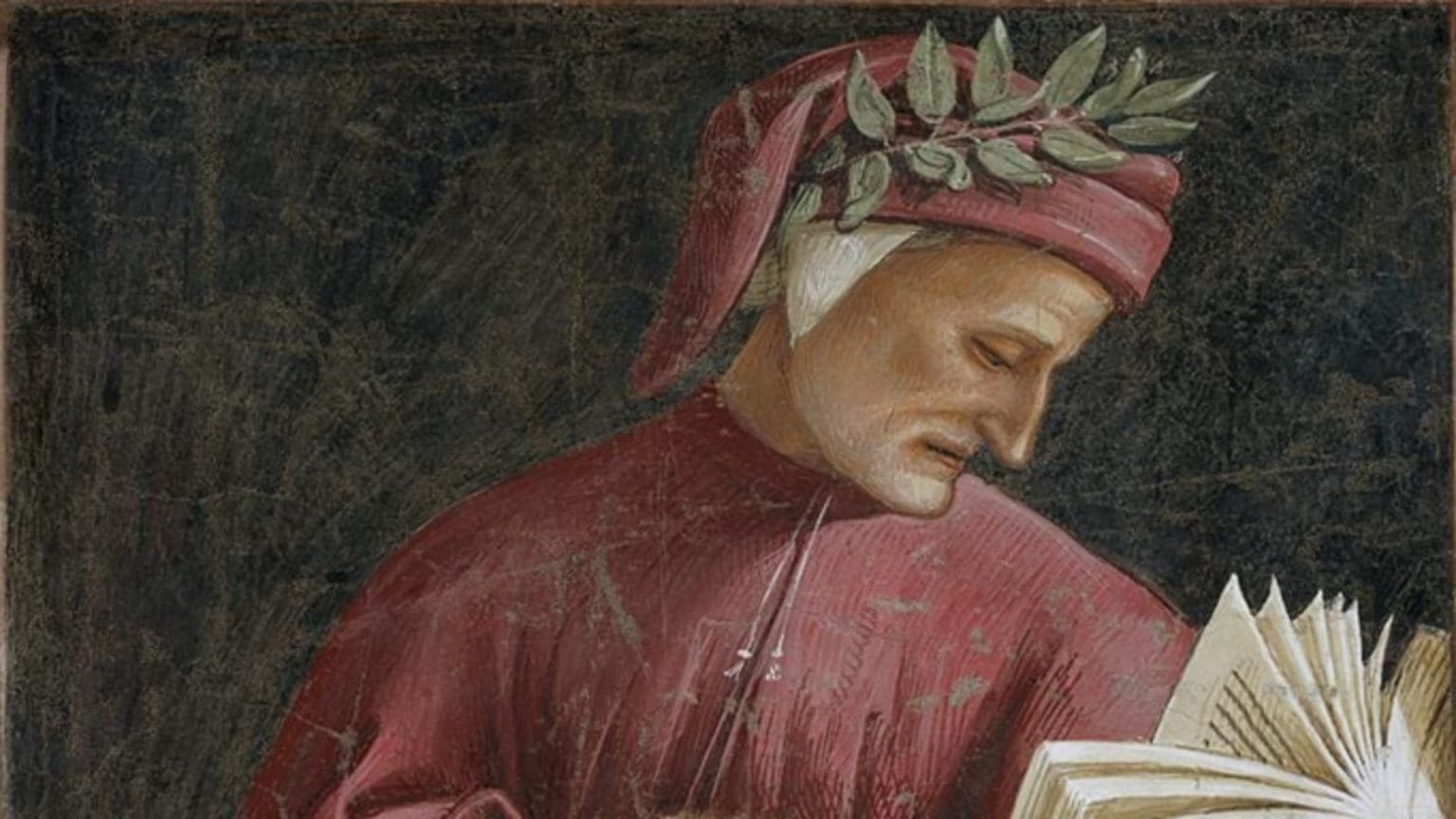
What classifies Petrarch as a humanist was his belief that secular literature and philosophy could enlighten all men and bring about an end to, what Flavio Biondi called, the darker ages of distrusting the critical thinking and non-religious wisdom of the ancients.
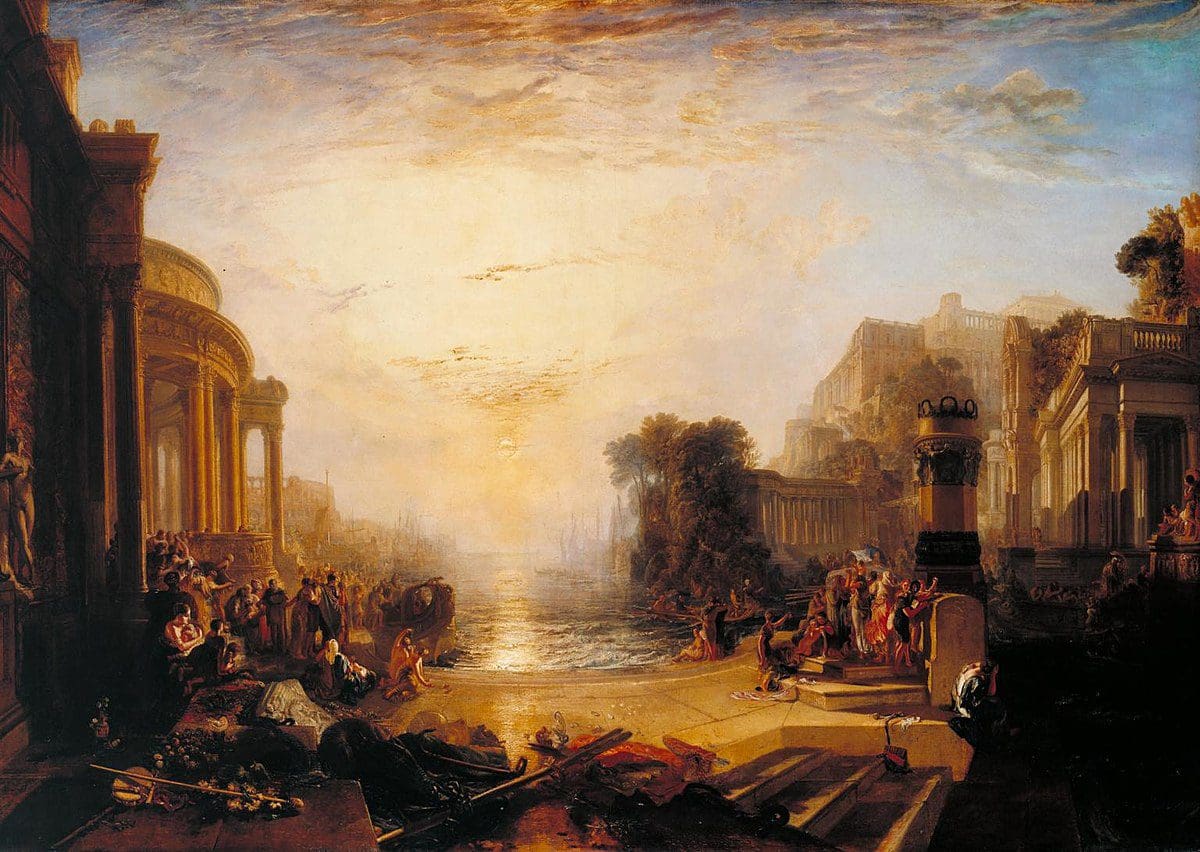
In the wake of a global pandemic, Western democracies have become hugely indebted, weak, self-loathing riven by incessant migration and beset by an identity crisis. What went wrong?
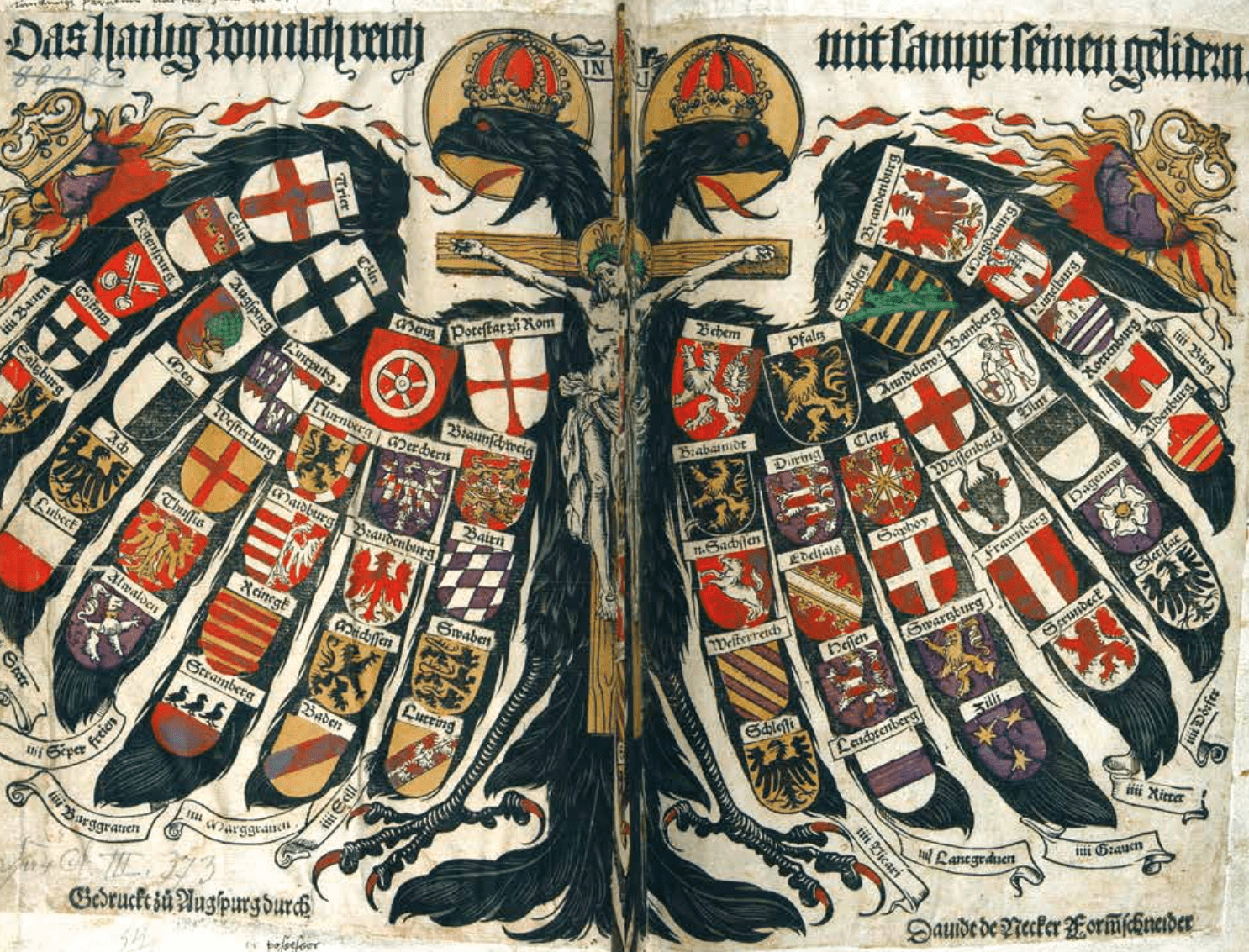
The rise of political and spiritual disunity in early modern Europe coincides with what Patočka calls
the desire to “project […] the division of Europe upon a division of the world” — in a word, colonialism.
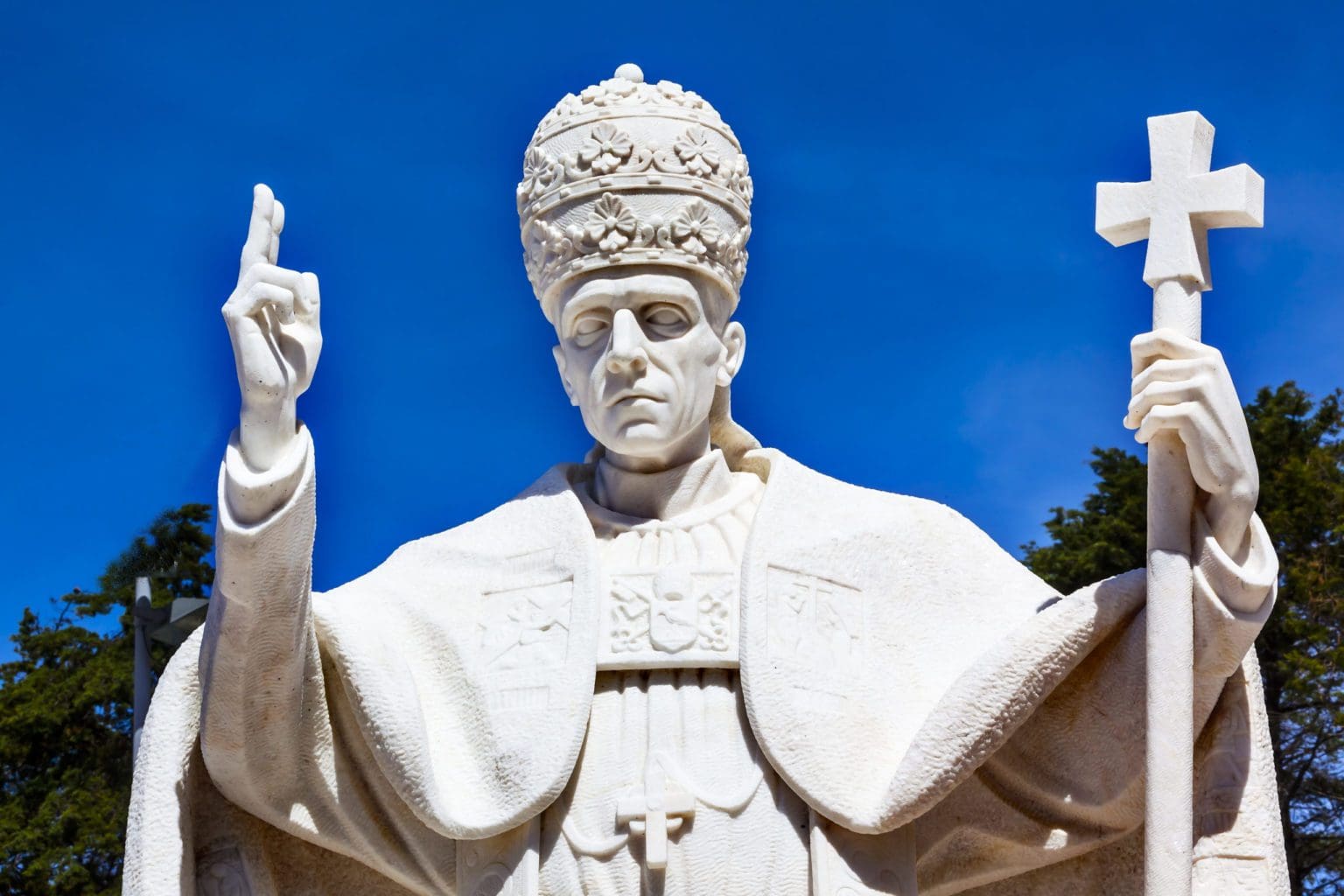
In the twelfth and final part of the Theologians on Modern Politics series, we would like to highlight the details of Pope Pius XII’s political thinking.
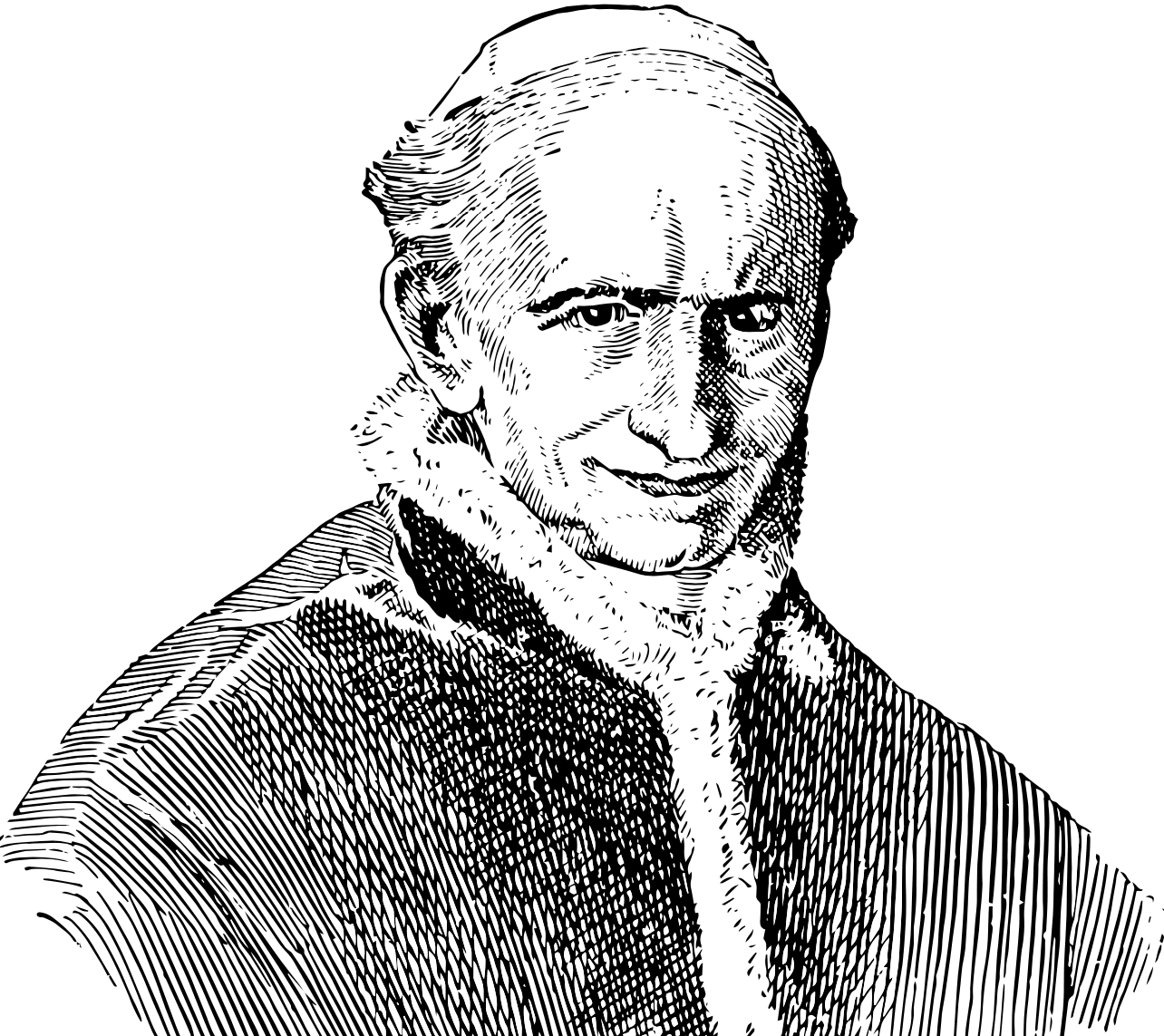
If we wish to understand the role of Christians in modern politics, it is essential to briefly present the thinking of Pope Leo XIII (1810-1903).
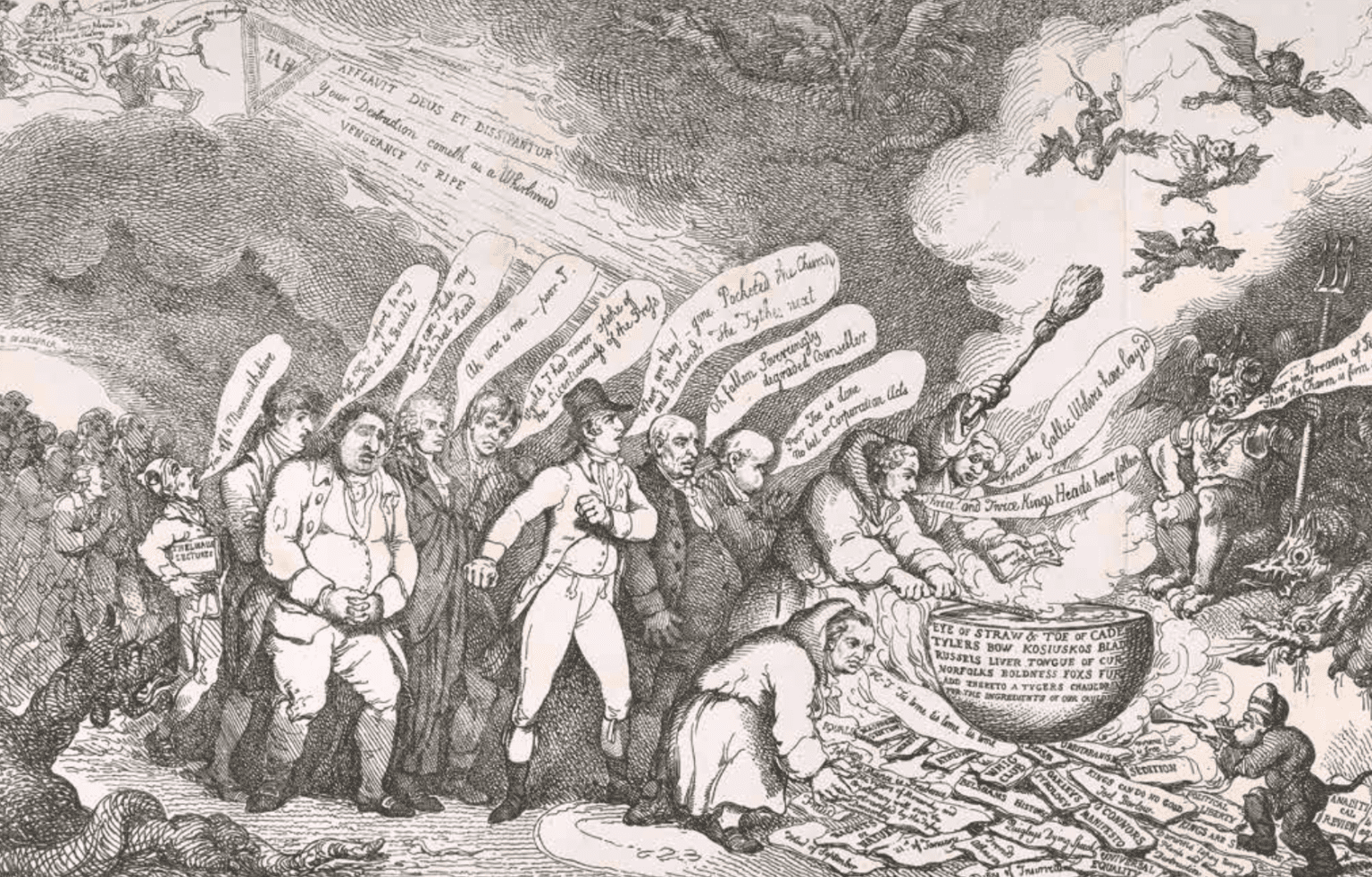
It is our belief that the Western liberal elite’s irrational hatred of Hungary’s political culture is driven by a deeply entrenched sense of insecurity regarding its own legitimacy.
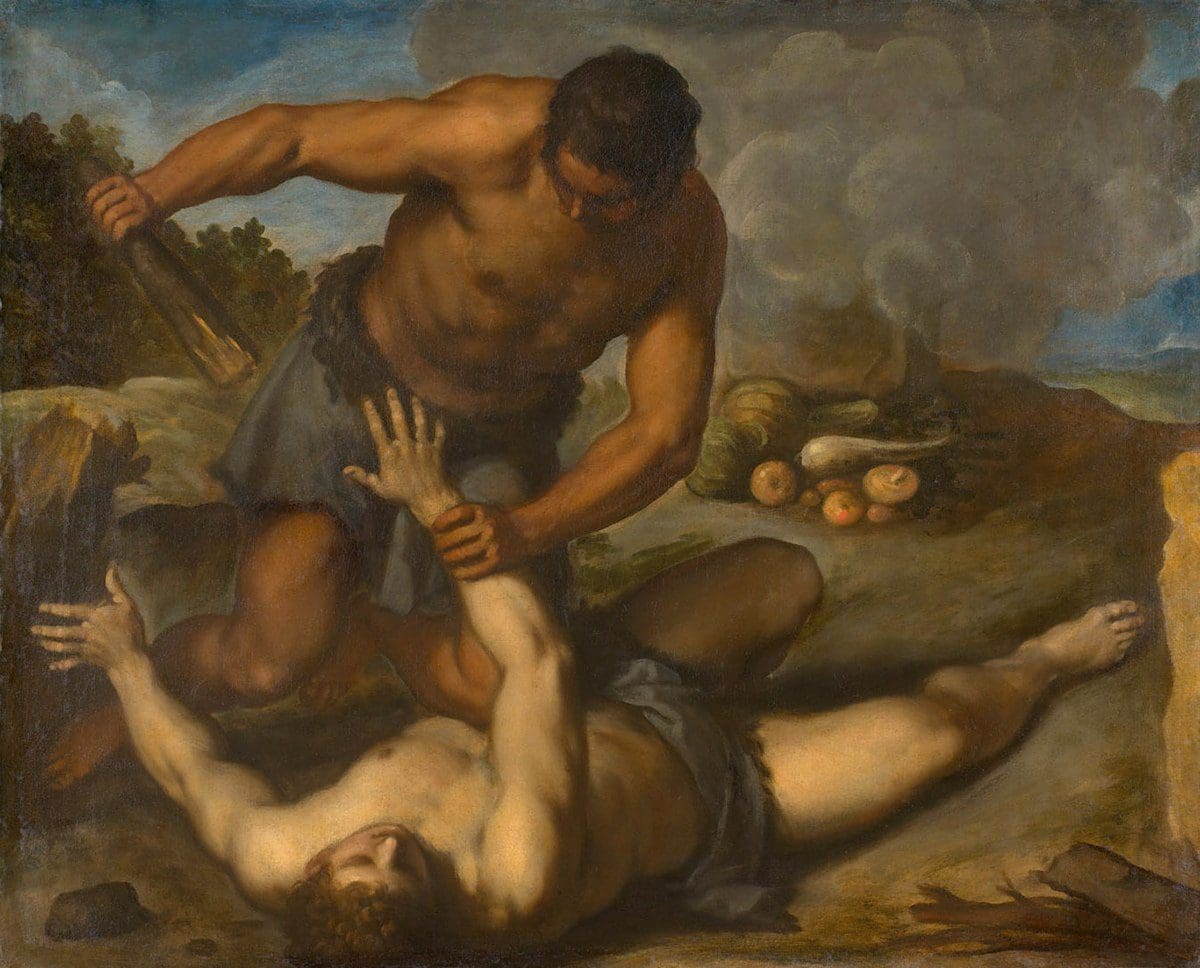
European society has forged a culture that, in a manner
previously unknown to humanity, excludes God, the divine logos from the public conscience. He is denied altogether, or judged to be irrelevant to public life since His existence cannot be materially demonstrated.
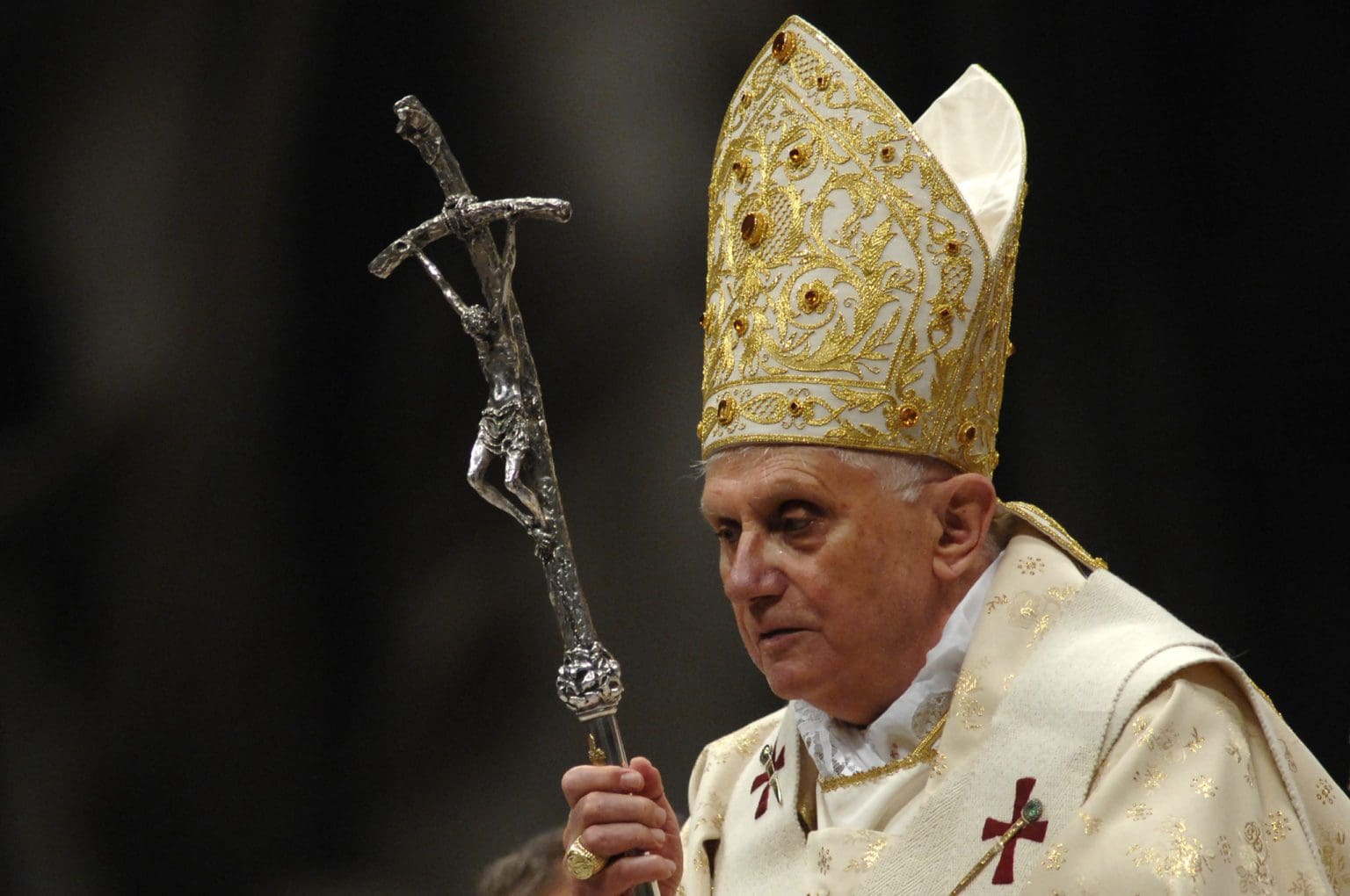
The teachings of Pope Benedict XVI are an appeal to the individual to ponder on God’s unwritten law inscribed in his or her heart so that he or she may better contribute to the common good of society.
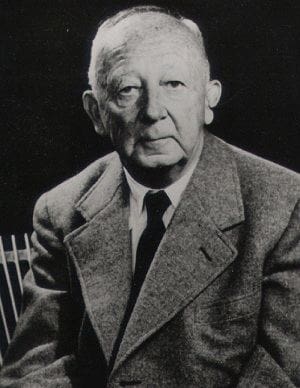
Who was Hans Freyer, why did he arouse such passion some decades ago and why has his name been forgotten?
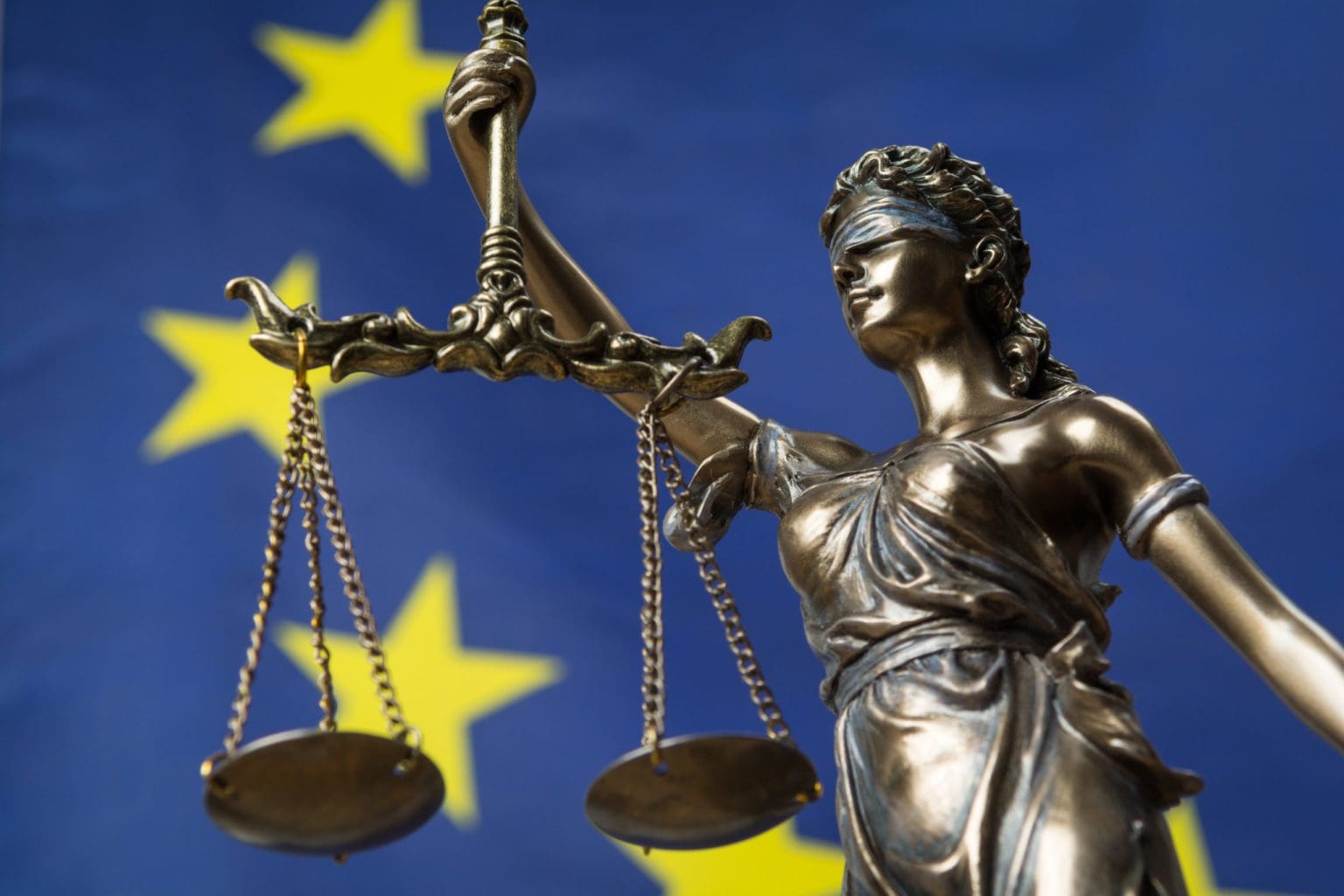
Of course, violations of the rule of law must not lead to corruption or abuse of power in the member states. However, a schematic “transfer” of the institutions that serve the rule of law to the EU level could particularly endanger the essence of the rule of law.

The rule of law debates could have a drastic effect on the future of the European Union. The systematic transfer of institutions serving justice and enforcing the rule of law to the European level may endanger democracy and in particular the original concept of the rule of law.
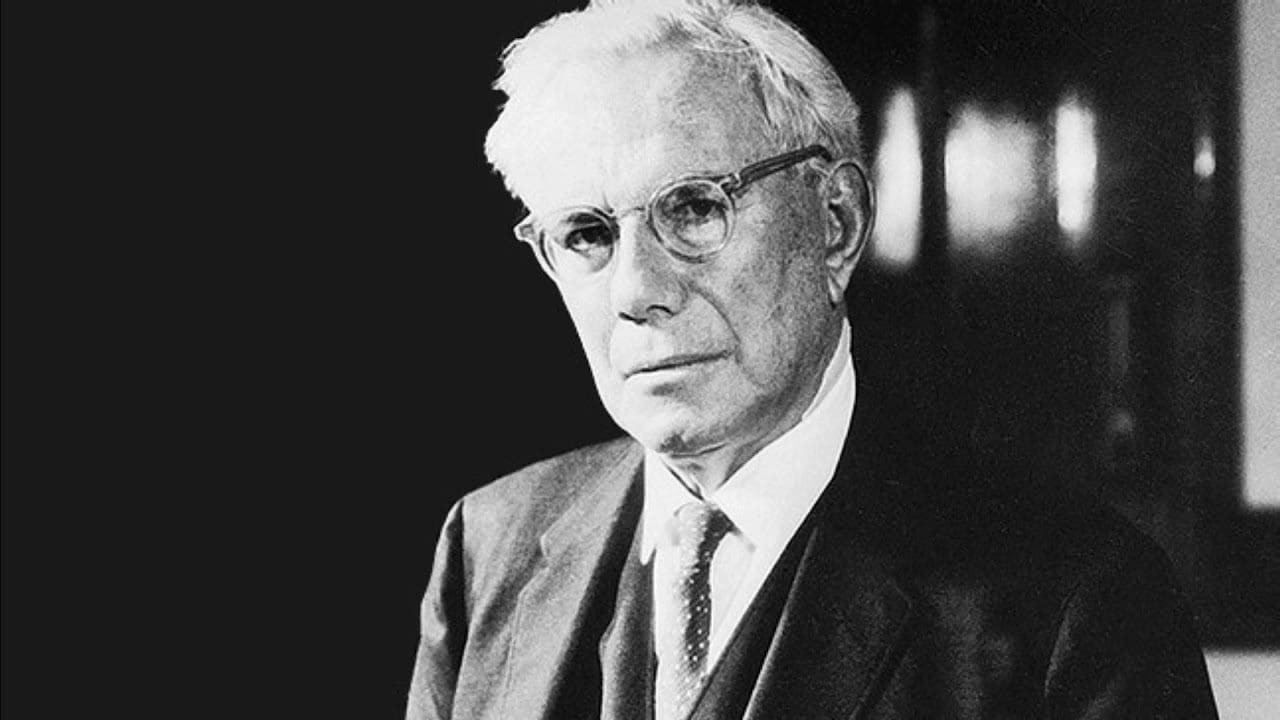
‘Most of the pitfalls in social ethics, political theory and education are due to a misunderstanding of the ontological character of love.’
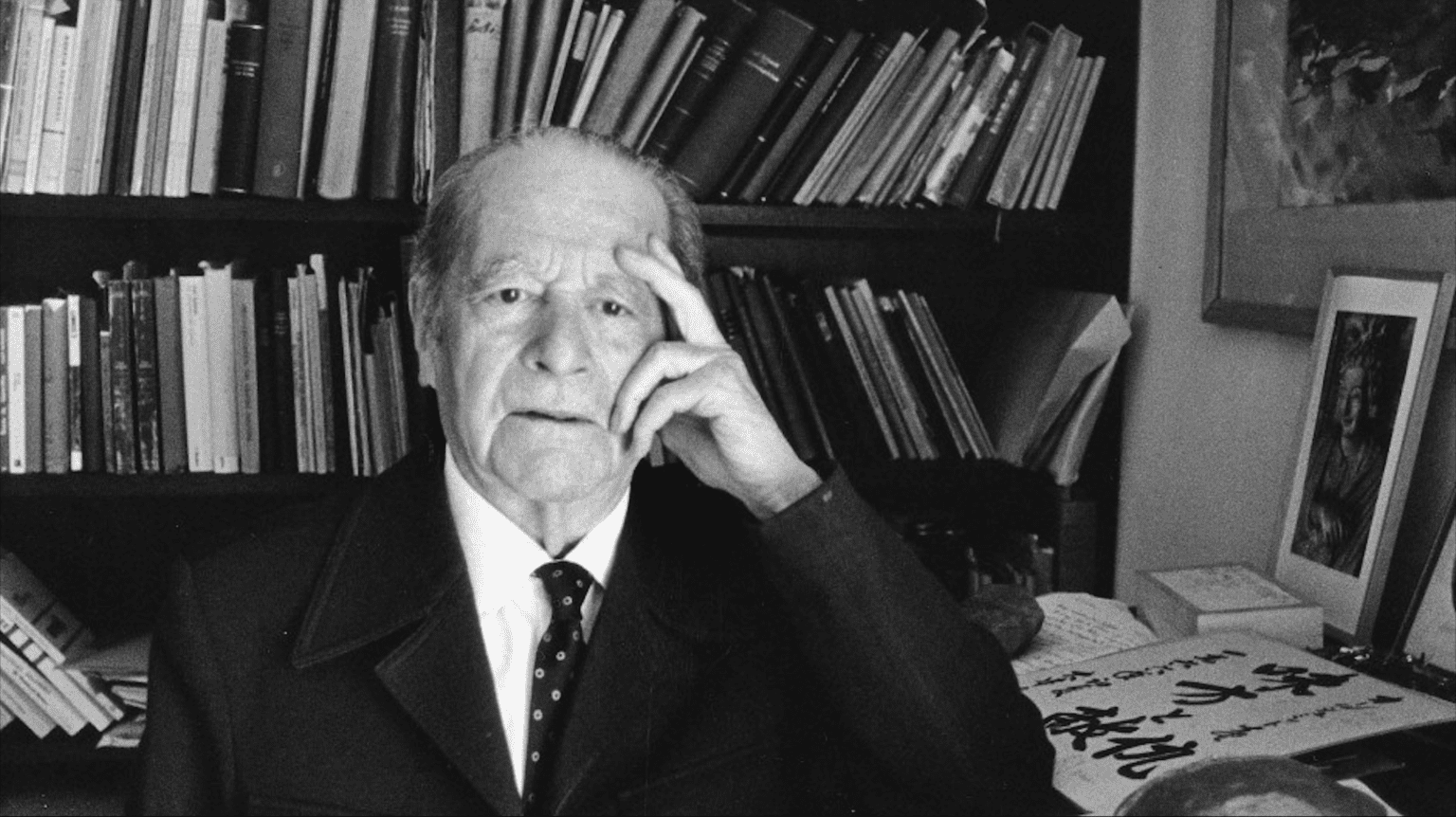
Christian political theology rejects the optimistic Enlightenment belief in progress, for it seeks to remember those who have fallen out of collective memory, itself defined in the modern age by the myth of progress. Remembrance is one of the most important concepts in Christianity.
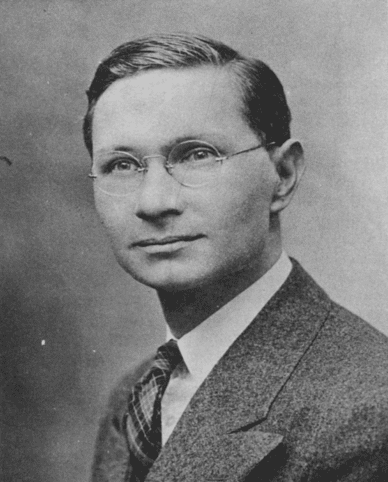
While realism is defined explicitly, Christianity is not. Nevertheless, several crutches could lead us to understand Bennett’s theological perspective. He helps us in this effort when he plainly rejects ‘post-Kantian idealism that represents the pride of autonomous reason’.